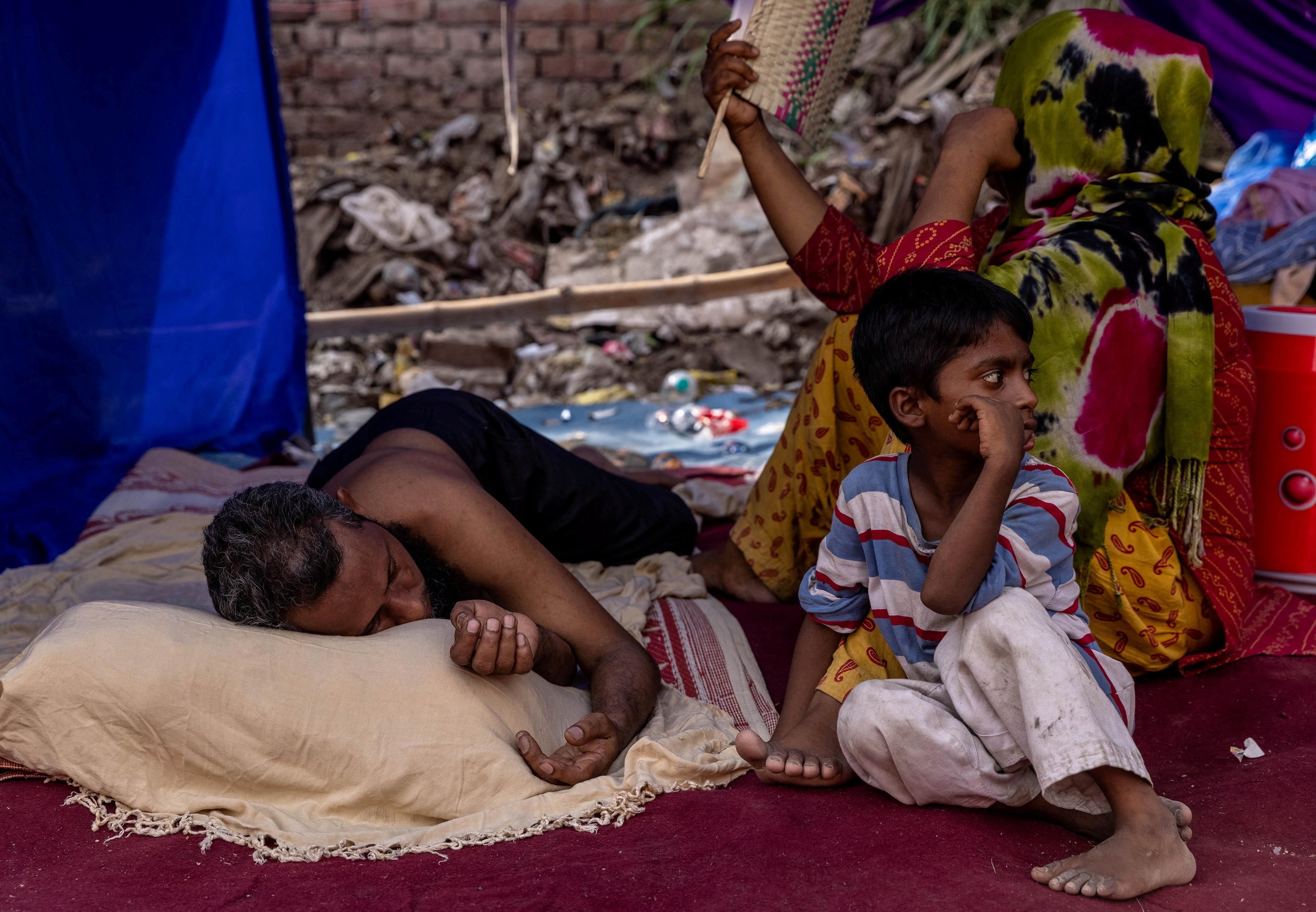1,100: Hours after India’s Minister for Housing and Urban Affairs said that Rohingya refugees from Myanmar residing in New Delhi would be given free housing, Amit Shah – Prime Minister Narendra Modi’s closest aide and a man known for his Hindu nationalist politics – said that the refugees would
not be given apartments. Shah called the
1,100 Rohingya living in India’s capital “illegal migrants” and threatened to deport them.
17: Explosions rocked 17 locations in southern Thailand on Thursday causing several injuries. Several Muslim-majority provinces along the Thai-Malaysia border have long been hotbeds of violence as insurgency groups fight the Thai government for independence.
50: Palestinian Authority President Mahmoud Abbas has come under fire for saying that Israel committed “50 Holocausts” against the Palestinian people. The comments, made during a press conference alongside German Chancellor Olaf Scholz in Berlin, made things very awkward for a notably uncomfortable Scholz, who later condemned the remark.
2: After Congresswoman Liz Cheney’s primary loss in Wyoming this week, only two of 10 Republicans who voted to impeach Donald Trump over the Jan. 6 riot remain in the running ahead of November’s midterm elections. The other eight have either been defeated or chosen not to run again, with several saying that threats from Trump supporters had persuaded them to retire from politics.
